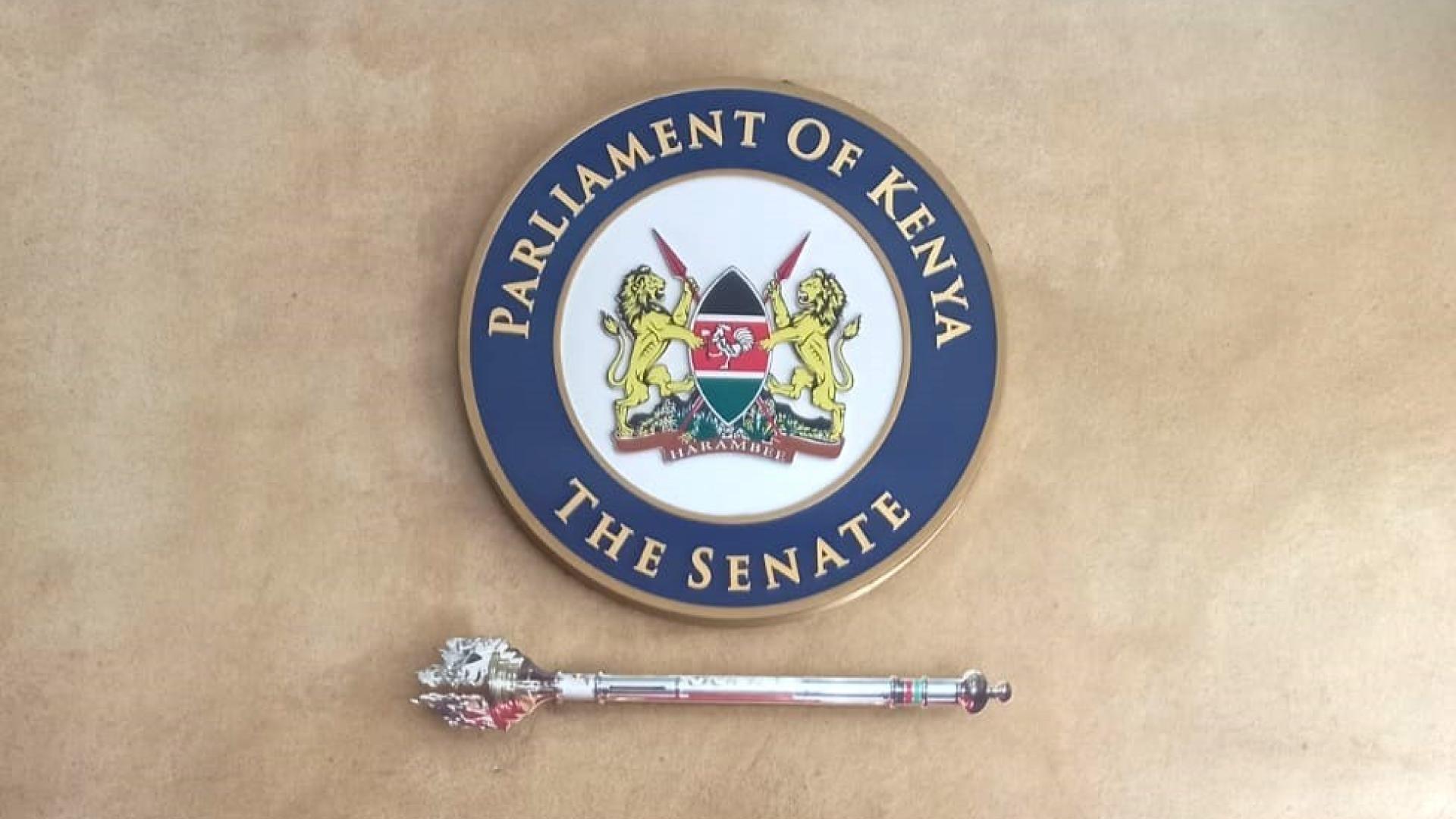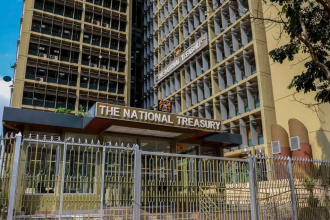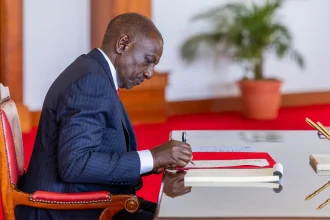In a significant setback for proposed constitutional changes, the Senate Committee on Justice, Legal Affairs, and Human Rights on November 1, recommended the rejection of the Constitution of Kenya (Amendment) (No. 2) Bill, 2024, sponsored by Senator Samson Cherarkey.
The Bill, which aimed to extend the terms of the President, Members of Parliament, Governors, and County Assembly Members from five to seven years, faced near-unanimous public disapproval, prompting the committee to halt its progress.
The committee’s decision was driven by an extraordinary level of public resistance. During the public consultation phase, 99.99 per cent of the 168,801 submissions received opposed the Bill.
Committee Chairperson Senator Hillary Wakili Sigei emphasised the clarity of public sentiment, stating, “The voice of the Kenyan people has been unequivocal.”
Only eleven stakeholders provided specific comments on the Bill’s clauses, while the rest categorically rejected the proposed amendments.
Public hearings further underscored this opposition. At a session held on October 25 at the KICC Amphitheater, all but one presenter urged the committee to reject the Bill entirely.
This rare display of unity among Kenyans highlighted deep concerns about extending the tenure of elected officials, which critics argued could undermine democratic accountability.
Scope of the Bill
Beyond extending terms, the Bill proposed significant structural changes, including the introduction of a Prime Minister position and modifications to the Senate’s role within Kenya’s bicameral system.
These amendments were intended to reshape the country’s governance framework but failed to garner public or parliamentary support.
The committee noted that even potentially meritorious provisions could not be salvaged due to procedural constraints. Senator Sigei explained, “Parliamentary practice and court decisions prevent us from severing the condemned provisions. The Constitution demands that such amendments secure both public and parliamentary support.”
The committee also raised concerns about the legislative process for constitutional amendments. The overwhelming rejection of Cherarkey’s Bill exposed the financial and logistical burden of subjecting poorly supported proposals to public participation.
“Processing controversial constitutional amendments incurs significant costs for Parliament,” Sigei noted. To address this, the committee proposed reforms, including a requirement for at least fifteen senators’ signatures before a constitutional amendment bill can be published.
This vetting mechanism aims to ensure that only proposals with substantial backing proceed, saving resources and aligning with public interest.
The rejection reflects a broader commitment to upholding Kenya’s Constitution and democratic principles. The 2010 Constitution, widely regarded as a cornerstone of Kenya’s governance, sets a high bar for amendments, requiring robust public and legislative support.
The committee’s report emphasised that moving forward with a bill facing such widespread opposition would undermine both the spirit of the Constitution and the will of the people.
What’s Next for the Bill?
The Bill’s fate now lies with Senator Cherarkey, who retains the option to push for a Second Reading despite the committee’s recommendation.
To proceed, he must secure a seconder for the motion and rally sufficient support from fellow senators. Given the committee’s findings and the scale of public opposition, this appears unlikely.
Without adequate backing, the Bill will likely collapse at this stage, marking a significant victory for public participation in Kenya’s legislative process.
The rejection of Cherarkey’s Bill underscores the power of public engagement in shaping Kenya’s governance. It also highlights the challenges of amending the Constitution in a politically polarised environment.
The proposed reforms to the legislative process signal a move toward greater scrutiny of constitutional amendment bills, potentially reshaping how such proposals are handled in the future.











